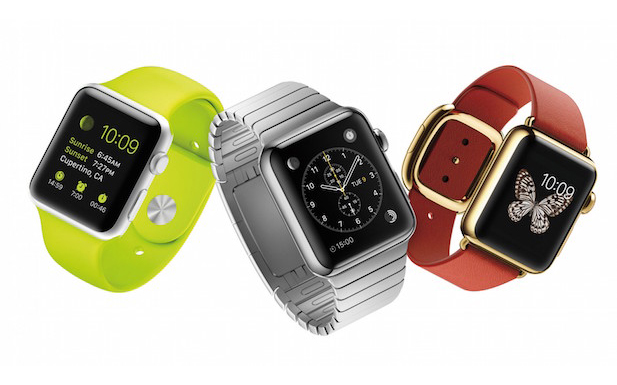Apple has already taken the number two spot in the global wearables market, which grew by over 200 percent in Q2, IDC has found.
A new report from the market intelligence firm concluded that 3.6 million Apple Watch units were shipped in the three months to June – representing roughly two of every three smart wearables shipped during the quarter.
This was less than a million units behind market leader FitBit, which shipped 4.4 million devices.
FitBit also secured a larger market share for the period at 24.3 percent, compared to Apple’s 19.9 percent.
However, IDC noted that Apple is expected to outstrip FitBit in the long run as the latter only develops basic wearables rather than “smart wearables”, which are devices that can run third-party applications.
Basic wearables such as fitness trackers are expected to lose market share over the coming years, IDC added.
It was Apple’s entry to the wearables market that was credited for pushing up total wearable device shipments for the period, which hit 18.1 million units.
This represents a 223 percent increase on the 5.6 million wearables shipped last year.
Ramon Llamas, Research Manager for IDC’s Wearables team, said: “Anytime Apple enters a new market, not only does it draw attention to itself, but to the market as a whole. Its participation benefits multiple players and platforms within the wearables ecosystem, and ultimately drives total volumes higher.
[Read more: Apple Watch to instigate “158% growth” in wearables market]
“Apple also forces other vendors – especially those that have been part of this market for multiple quarters – to re-evaluate their products and experiences. Fairly or not, Apple will become the stick against which other wearables are measured, and competing vendors need to stay current or ahead of Apple.”
Other manufacturers on the wearables leaderboard include Chinese device maker Xiaomi, which shipped 3.1 million units during Q2 and secured a respectable 17.1 market share.
[Read more: Apple, Chinese manufacturers “to drive smartwatch sales”]
Garmin took a 3.9 percent share of the wearables market in the three months to June, while Samsung had the smallest market share at 3.3 percent after shipping less one million wearable devices during Q2.
Wireless Week rounds up the best of the rest in mobile. If you don’t follow us already on Twitter, you really should. We’re @mobileeurope



